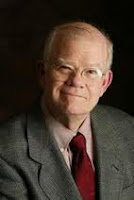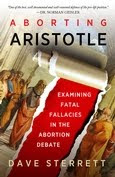Focus on the Family
- Focus on the Family TrueU: Does God Exist?
- Focus on the Family TrueU: Is the Bible Reliable?
- Focus on the Family: The TRUTH Project
- The Case for Christ: A Six-Session Investigation of the Evidence for Jesus
- The Case for Faith: A Six-Session Investigation of the Toughest Objections to Christianity
- The Case for a Creator: A Six-Session Investigation of the Scientific Evidence That Points toward God
William Lane Craig
Ravi Zacharias International
Frank Turek & Norman Geisler
- I Don’t Have Enough Faith to Be an Atheist – Frank Turek
- 12 Points that Show Christianity is True – Norman Geisler
Greg Koukl / STR
- Tactics in Defending the Faith: Interactive DVD – Greg Koukl
- Making Abortion Unthinkable: The Art of Pro-Life Persuasion
- Responding to Relativism
Summit Ministries
Tim Keller
Mary Jo Sharp
Sean & Josh McDowell
Special Hat Tip to Chris Shannon for this list.














































